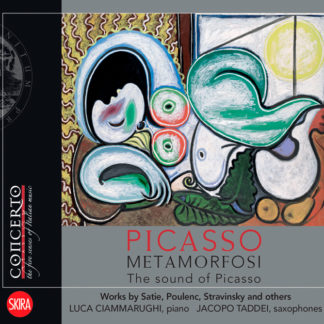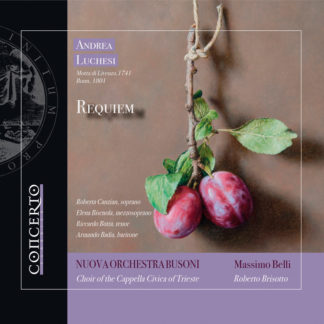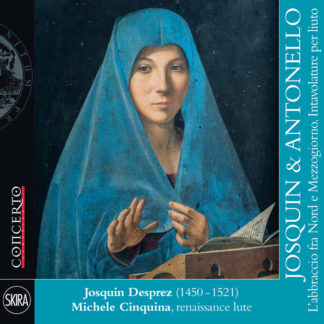F. J. Haydn: Cello Concerto No. 1 in C, Hob. VIIb/1
1. Moderato
2. Adagio
3. Allegro molto
P. Wranitzky: Cello Concerto in C, Op. 27
4. Allegro maestoso
5. Adagio ma non troppo
6. Rondò (Allegro molto)
F. J. Haydn: Cello Concerto No. 2 in D, Hob. VIIb/2
7. Allegro moderato
8. Adagio
9. Rondò (Allegro)
Although more than 8 concertos for cello and orchestra are attributed to Haydn, only two seem to be attributable with reasonable certainty to the Austrian composer: the first in C major, and the second in D major (respectively, in van Hoboken’s thematic catalogue: Hob. VIIb/1, composed between 1761-65, and Hob. VIIb/2 – opus number 101 – dated 1783). Entering the common repertoire, they are generally considered to be among the most interesting concertos after Vivaldi (and in any case among the most beautiful of the eighth century), and mark the very transition from the Baroque to the Classical era. The latter has become a real must with which the greatest cellists have always grappled: from Rostropovich to Fournier to Yo-Yo Ma. This recording also features a decidedly lesser-known concerto, especially to Mediterranean audiences, by the Moravian Pavel Vranický, whose name was later Germanised into Paul Wranitzky (Nová Říše, Moravia, 1756 – Vienna, 1808). An illustrious example of how history often dispenses fame and oblivion for no apparent reason, Wranitzky, who must be presented to the public again today, enjoyed the unconditional esteem not only of the Habsburgs in his day, but also of his fellow musicians: first and foremost Haydn himself, but also Mozart and Beethoven, whose first symphony he conducted at the turn of the new century. Some critics consider his more than 50 string quartets to be superior even to Mozart’s, while his Symphonies (of which little more than 40 works have come down to us) stand comparison with Haydn’s without any sense of inferiority.





